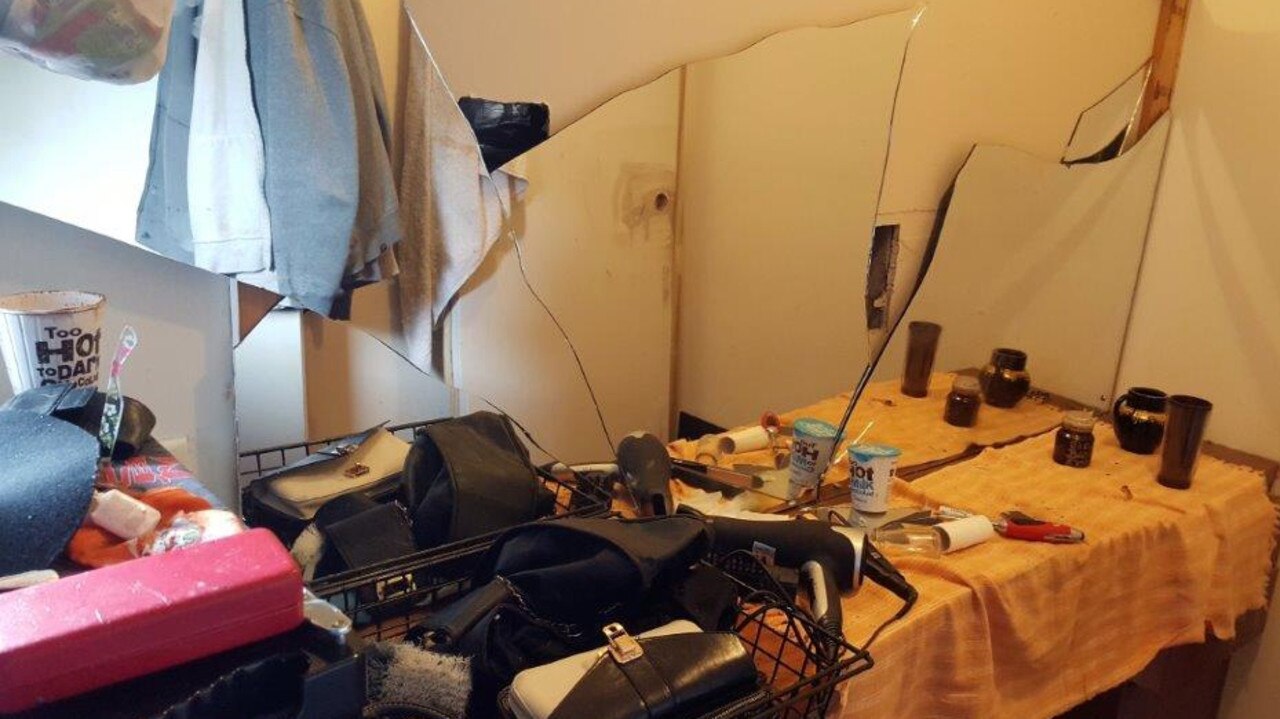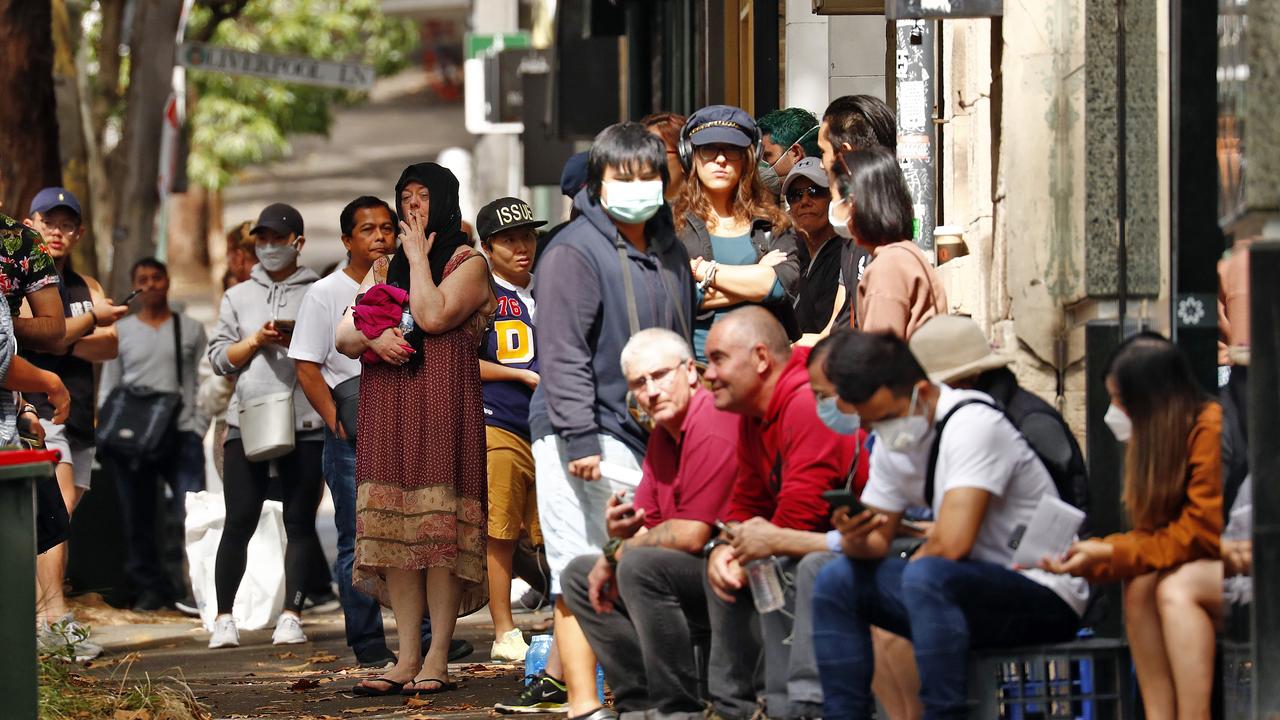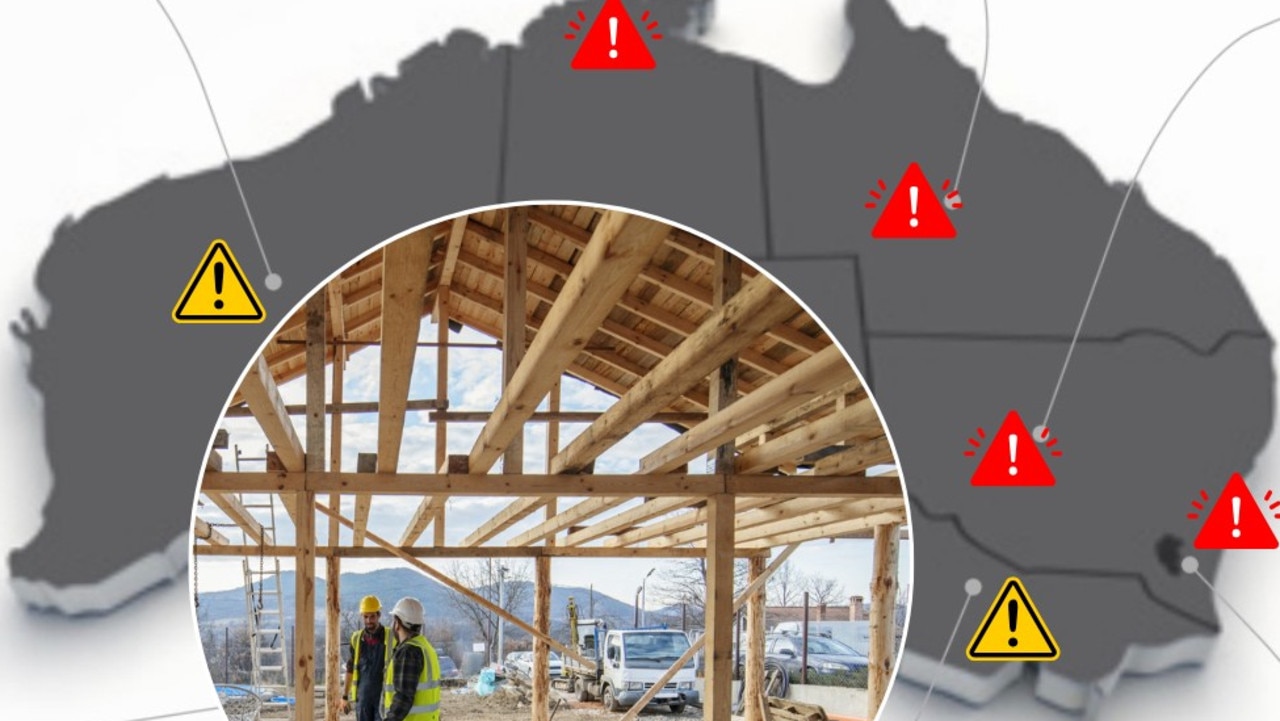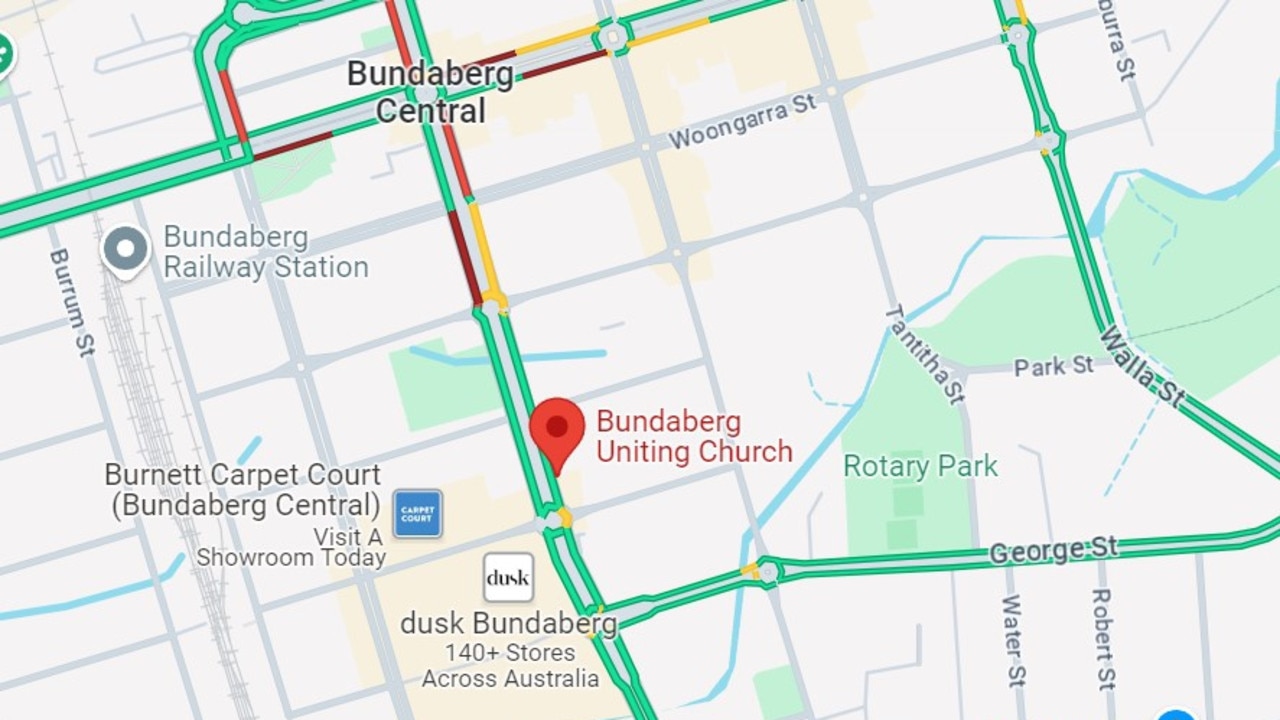What the COVID-19 eviction moratorium means for tenants, landlords and real estate agents
Prime Minister Scott Morrison’s moratorium on evictions has created much confusion for tenants, landlords and real estate agents. This explainer reveals what you need to know.

“There is a moratorium on evictions. That doesn’t mean there is a moratorium on rents.” - Prime Minister Scott Morrison.
This quote underlines government’s approach to both commercial and residential tenancy agreements in response to the coronavirus crisis.
There has been much confusion for landlords, real estate agents and tenants since Prime Minister Morrison announced the moratoriums on evictions at the end of March.

RELATED: Demand for home security spikes due to coronavirus
Airbnb ban - what it means for you
Homebuyers could snap up ‘virus bargains’
The National Cabinet is yet to outline its complete policy on the matter and until it does, all parties to any rental contract won’t know exactly how it affects them. However the fact remains the legally binding rental agreement between a landlord and/or agent and a tenant signed before the announcement is still in place.
Tenants are still required to pay rent. There has been misconception that there will be a rent-free period. This is not the case.
What does this mean for landlords?
Landlords and rental agents should hold off on reducing or deferring rents until government policy is announced. If a change to the rent due is made it may void landlord insurance.
Confusion and uncertainty is such that some insurers have stopped taking on new business.
“There is the potential of an invalid policy if you do alter the rent a tenant is paying,” Lisa Jemmeson, head of litigation at Jemmeson Fisher told Tom Panos on his podcast.

Landlords or their rental agents should be having a conversation with their tenants about what they can afford and landlords should also be budgeting for a reduced rent.
Tenants remain obligated to pay their rent. At this point it is uncertain whether the remainder of the initial debt owed, before rent is reduced, will be due at the end of the period of moratorium.
Tenants can still be evicted on normal grounds such as damage to a property, domestic violence or threatening a neighbour. Administrative tribunals in each state will continue to hear these cases. Tenants who are unable to pay their rent due to financial hardship as a result of the coronavirus crisis will be protected as per the moratorium.
It is possible that an affordability criteria, perhaps 30 per cent of income, will be applied to tenants financially affected by COVID-19 when the policy is announced.
Insurers are yet to clarify if landlord insurance covers epidemics such as COVID-19.
Landlords or agents can meet with their tenants online or in person, to get the paperwork and understand the new circumstances and then compare that to the original details when the new policy is announced.

“Landlords just need to hold tight at the moment. It is frustrating. But until that policy is forthcoming from the government there is not a lot they can do,” Adam Blight, Director of Property Management at Ouwens Casserly.
Mr Morrison said “a code of behaviour will be mandatory under state and territory laws that will get people into a room and get them to sort it out.
“The intention is there would be mediation available in the event that landlords and their tenants are unable to reach an agreement,” he said.
“This is about ensuring that Australians work together to solve a problem that they share together. It’s not the tenant’s problem. It’s not the landlord’s problem. It’s not the bank’s problem. It’s all of their problem. And so we need them all to work together to solve it.”
Any policy handed down will likely need to pass through parliament in each state before it becomes law and can be enacted.
MORE: All your COVID-19/real estate FAQs answered
‘Self isolation specials’ spruiked amid outrage
Buyers’ cheeky tactics amid COVID-19

Rent relief for commercial landlords and tenants
Mr Morrison announced on Tuesday the National Cabinet has reached agreement on a mandatory code for rent relief for tenants of commercial properties.
It will apply where the tenant or landlord is eligible for the JobKeeper program and have a turnover of $50 million or less.
“The code is designed to support those small and medium sized enterprises, be they a tenant or indeed a landlord,” Mr Morrison said.
“The code brings together a set of good faith leasing principles. Landlords must not terminate the lease or draw on a tenant’s security. Likewise, tenants must honour the lease.”

Landlords will be required to reduce rent proportional to the reduction of trading in the tenant’s business. This can be done through a combination of waivers or deferment during the course of the COVID-19 pandemic.
Waivers must account for at least 50 per cent of the rental reduction over the period. Deferrals must cover the balance of the lease term and a period of no less than 12 months.
A binding mediation process will be overseen by the states and territories.
“Banks must also come to the table and support landlords,” Mr Morrison said.
What does this mean for tenants?
If you are a tenant and you think you won’t be able to pay your rent due to financial hardship as a result of COVID-19, you should advise your landlord or rental agency as soon as possible.
Relevant documents you will need to provide to your landlord, include your Employment Separation Certificate, or a letter from your employer confirming redundancy, business closure or a change of working conditions.
You will need to have been an employee on March 1. You will then be eligible for the JobKeeper allowance from the government to help you pay your rent and other necessities during the coronavirus period.

You will likely be able request a delayed payment or a rent reduction once the policy is announced. Your state tenants’ union can help to advise you of your rights. You may be eligible for the government’s stimulus package. For free financial advice, contact the National Debt Helpline.
As a tenant, you cannot suddenly stop paying rent. This could result in legal action and a mark against your credit or rental record that could affect you in the future.
Under law there are no grounds for a tenancy to be ended due to an outbreak. Your landlord or rental agency can only rely on existing reasons for termination, if they apply. For advice on your individual situation visit the fair trading or consumer affairs website in your state or territory.

It is as yet uncertain as to whether the remaining rent will be due at the end of the deferred period of whether the government might pay the debt owing.
People suffering financial hardship that are eligible for JobKeeper payments may be able to access their superannuation during this time. However you should seek professional financial advice before doing so.
What does this mean for rental agents?
Rental agents should be across the above information and understand the implications and application of the new policy when it is handed down.
Rental agreements remain legally binding and tenants are still subject to the usual conditions separate from financial hardship due to COVID-19.
“Hopefully the policy will be fairly prescribed, giving all parties a way forward. I know our industry can handle the responsibility that will come with that,” Mr Blight said.




